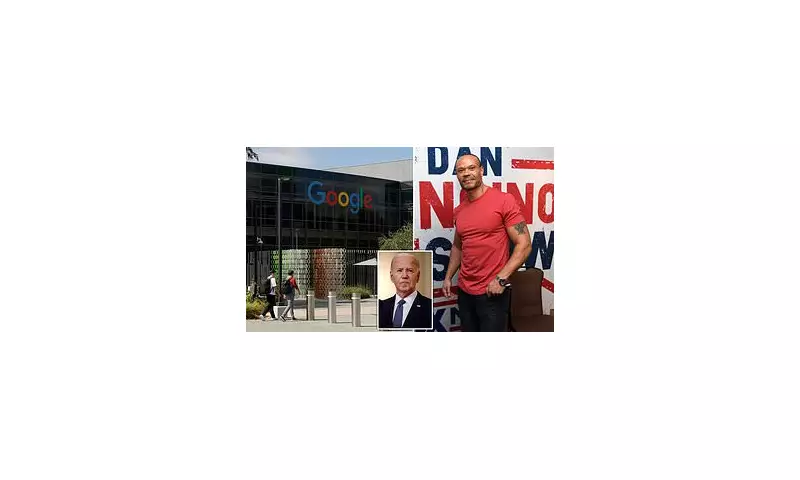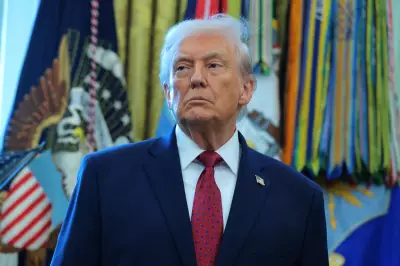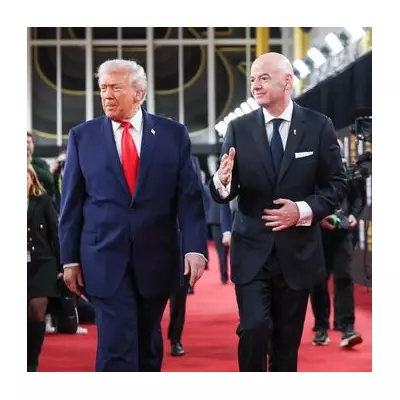
A major controversy over digital free speech has erupted after it was revealed that Joe Biden's presidential campaign is systematically reporting YouTube videos for removal, leading to accusations of political censorship.
The campaign has reportedly assembled a dedicated team to scour the video platform for content it deems misleading, resulting in numerous videos being taken down or demonetised. This aggressive approach has ignited a fierce debate about the boundaries of political discourse online.
Silencing Critics or Combating Misinformation?
Supporters of the strategy argue it is a necessary measure to combat the rampant spread of false information that could influence the upcoming election. They contend that platforms have a responsibility to ensure their content is accurate.
However, critics and affected content creators are crying foul. Many argue that the campaign is exploiting YouTube's reporting tools to silence legitimate criticism and dissenting voices, effectively engaging in a form of digital censorship.
Creators Feel the Heat
For YouTube creators, the impact is direct and tangible. Videos addressing sensitive political topics are disappearing or being stripped of their ability to generate revenue, threatening their livelihoods. The situation has created an atmosphere of uncertainty and fear among those who discuss current affairs on the platform.
This practice raises profound questions about the power of political campaigns to shape online narratives and the role of tech giants as arbiters of truth in a highly charged political climate.
A Global Precedent?
While the immediate context is the American election, observers in the UK and beyond are watching closely. The outcome of this dispute could set a significant precedent for how political speech is managed on global tech platforms, with potential implications for future elections worldwide, including in Britain.
The clash highlights the ongoing and unresolved tension between protecting the integrity of democratic processes and upholding the fundamental principle of free speech in the digital age.





